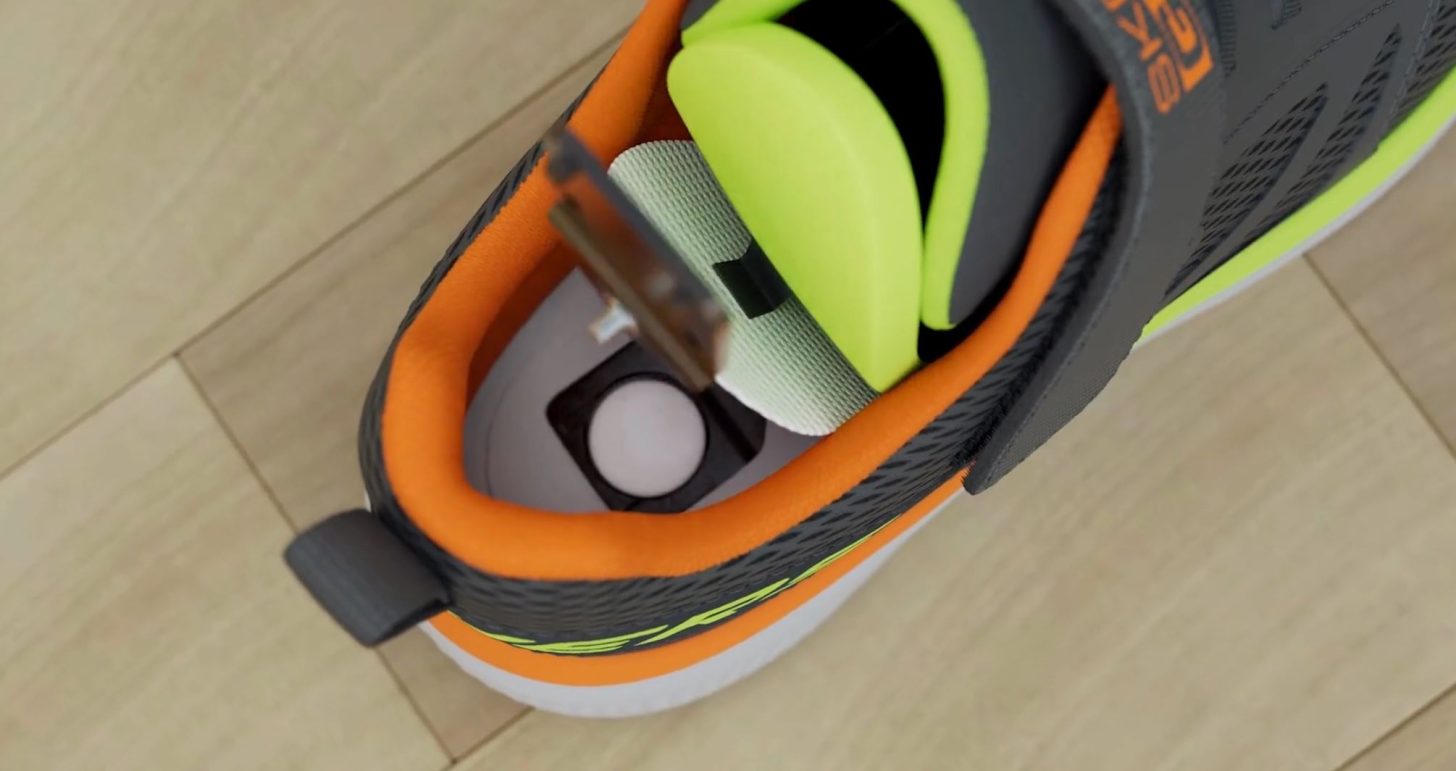The notion of slipping an AirTag into a child's shoe may seem like a drastic measure to some, but for many parents, it's a necessary evil in today's world. The release of Skechers' new line of shoes with a hidden compartment for AirTags has sparked a conversation about the lengths to which parents will go to ensure their child's safety. For those who grew up in the pre-cell phone era, the idea of being able to track a child's every move may seem overwhelming, but for many parents, it's a small price to pay for peace of mind. The fact that Skechers has incorporated this feature into their shoes, dubbed "Find My Skechers," suggests that the company is tapping into a growing demand for child safety and tracking technology.
The concept of tracking children is not new, but the use of GPS technology and Bluetooth trackers has made it easier and more accessible than ever. With the rise of smartwatches and fitness trackers, it's not uncommon for children to be equipped with devices that allow parents to monitor their location and activity. However, the idea of hiding a tracker in a shoe takes it to a new level. On one hand, it's a clever way to ensure that a child can be located in case of an emergency, but on the other hand, it raises questions about the balance between safety and freedom. As a society, we need to consider the implications of tracking children and the potential impact on their development and sense of independence.
Skechers' decision to release a line of shoes with this feature has been met with mixed reactions. Some parents have welcomed the idea, citing the importance of child safety, while others have expressed concerns about the potential for over-reliance on technology. The fact that there are currently 11 pairs of shoes available with this feature, with nine designed for boys and only two for girls, raises interesting questions about the company's marketing strategy and the perceived needs of parents. Are boys more likely to wander off or get lost, or is this simply a reflection of the company's target market? Regardless of the reasoning, it's clear that Skechers is attempting to tap into a specific demographic and capitalize on the growing demand for child safety products.
The cultural implications of tracking children are complex and multifaceted. On one hand, it reflects a societal shift towards increased vigilance and concern for child safety. The rise of social media and 24-hour news cycles has created a culture of fear, where parents are constantly bombarded with stories of child abductions and accidents. As a result, many parents feel the need to take extra precautions to ensure their child's safety, even if it means sacrificing some of their independence. On the other hand, the use of tracking technology raises questions about the impact on children's psychological and emotional development. Do children who are constantly being tracked feel a sense of security or a sense of suffocation? As we move forward, it's essential to consider the long-term effects of this technology on our children and our society as a whole.
The release of Skechers' AirTag-enabled shoes serves as a catalyst for a broader conversation about the role of technology in child safety and the balance between protection and freedom. As we navigate this complex issue, it's essential to consider diverse perspectives and cultural sensitivity. By examining the cultural trends and social issues surrounding child safety, we can work towards creating a more nuanced understanding of the implications of tracking technology and its potential impact on our children and our society. Ultimately, the decision to use tracking technology is a personal one, and parents must weigh the benefits and drawbacks of this technology in the context of their own values and priorities. As we move forward, it's crucial to prioritize open and honest discussions about the role of technology in our lives and the impact it has on our children and our communities.


404news
404news